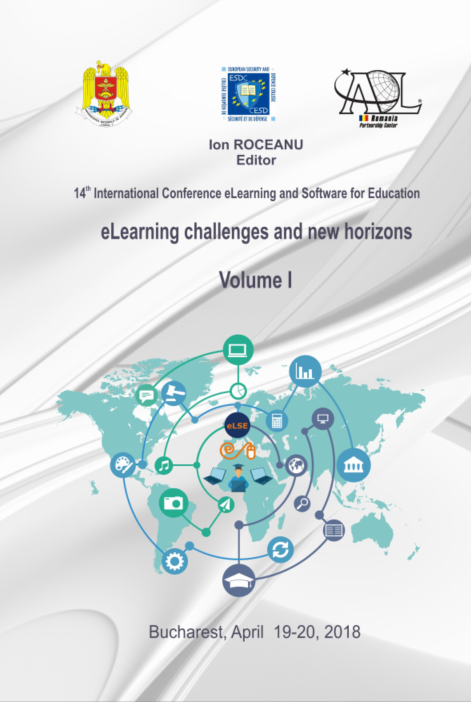E-Learning as a Tool for Development of Competencies of Staff in Corporate Educational Environment
E-Learning as a Tool for Development of Competencies of Staff in Corporate Educational Environment
Author(s): Viktoriya Tonkonog, Polina AnanchenkovaSubject(s): Social Sciences, Education
Published by: Carol I National Defence University Publishing House
Keywords: corporate learning; trends; development; personnel; management of competencies;
Summary/Abstract: Nowadays, majority of dynamically developing companies try to reduce costs related to staff maintaining its efficiency. One of ways to optimize the performance is to increase competence and professionalism of employees. To do this, it is possible to outsource new competent employees or to train own personnel. Today, at labour market there is a deficiency of competent specialists, so companies are forced to apply internal training more often, systematically and rationally. However, traditional classroom methods of staff training and development are not always acceptable; they do not allow to arrange for cost effective, simultaneous and equal training in geographically spread companies, ensure formation and strengthening competences at the right moment without need to wait for budget and respective classroom training, to create single information space for training team thereafter. These tasks can be solved by remote learning. The article gives results of author's study reflecting trends in Russian corporate e-learning. Massive and rapid transition of companies to remote training of employees is observed at the Russian HR-space in past few years. More and more companies are coming to the conclusion that investment in personnel development benefits the Company as a whole. Improving quality of client service, new high quality level of management, internal procedures are only part of probable advantages. Lately there has been a tendency to provide sophisticated technological products coupled with training, i.e., e-learning can become a qualitative complement of complex software products or services. Based on expert assessments there was determined that main tendencies in development of corporate systems of employees remote training are as follows: - development of educational programs for new generation of employees (taking into account social & psychological characteristics of millenials - Generation Y); - adaptation of educational programs for mobile devices: allowing for possibility to learn on any device, to access LMS even outside corporate network, content in a convenient form, offline access, including testing with saving results; - integration of corporate applications with external shared programmes; - development of programmes in micro-learning format; - introduction of socialized education, or its elements; - gaming; - integration of educational and career trajectories of particular employee; - developing skills and culture of self-learning.
Journal: Conference proceedings of »eLearning and Software for Education« (eLSE)
- Issue Year: 14/2018
- Issue No: 01
- Page Range: 501-506
- Page Count: 6
- Language: English

